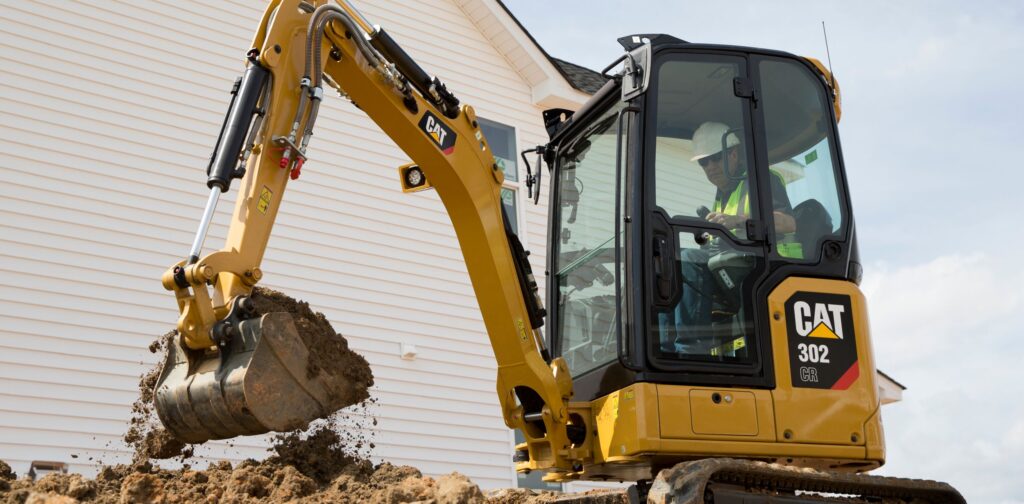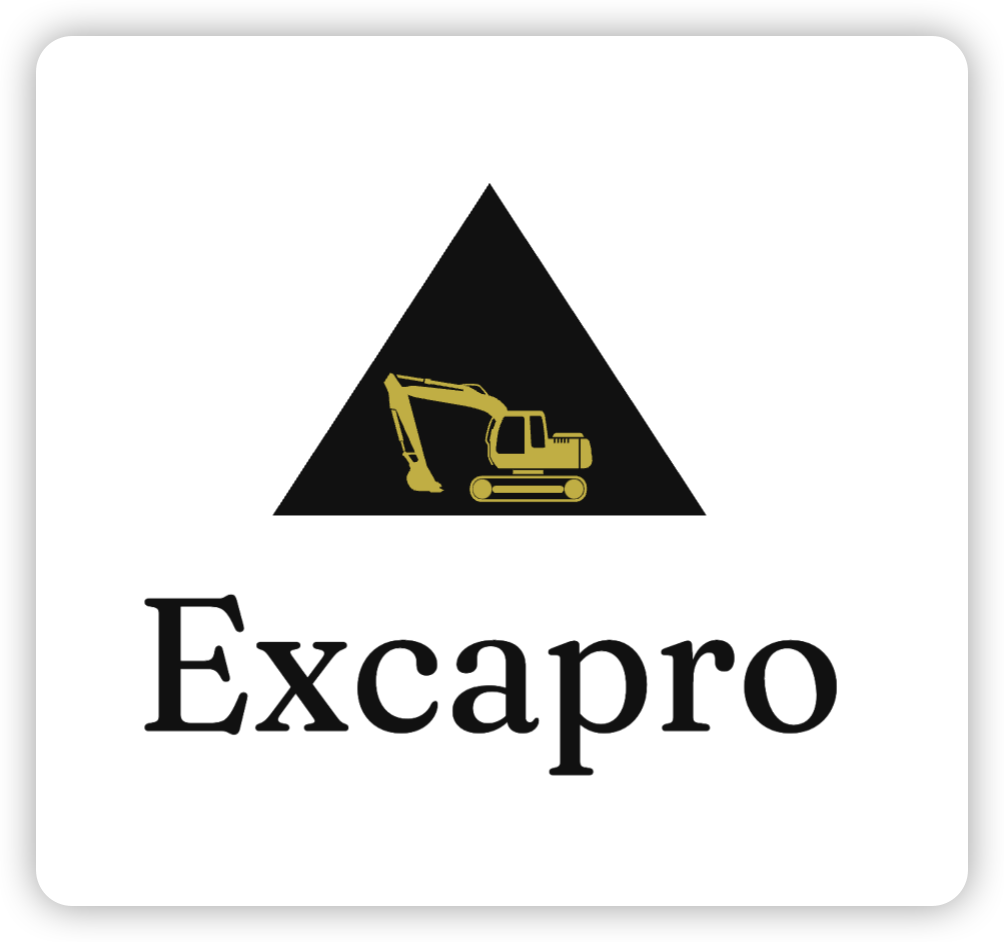
Excavator Types and Prices 5 Hidden Costs to Watch Out For
In this content piece, ExcaPro explores how examining excavator types and prices can sometimes cause buyers to overlook hidden costs that could impact their budget. Understanding the expenses beyond the listed price is essential, whether you’re comparing compact excavator prices or larger models. What factors influence excavator pricing? When buying used excavators, many wonder: Are they cheaper? Every aspect matters, from the cost differences in mini excavators to the maintenance needs of hydraulic, wheeled, and crawler excavators. To avoid unexpected costs when searching for excavators for sale, it’s important to stay well-informed about various construction excavator options and used excavator prices.
Excavator Types and Prices: 5 Hidden Costs to Watch Out For
Mini excavator and compact excavator prices may seem affordable, but these machines come with their own costs. Smaller machines aren’t always cheaper, as many assume. While their upfront costs might be low, the specialized parts and limited versatility often result in higher expenses, especially if customization is required.
For example, the price of a micro excavator depends on the brand, accessories, and features. Compact excavators, designed for precise work in tight spaces, often require specific attachments or modifications, which can drive up the overall cost.
Beyond the purchase price, additional expenses such as delivery and customization can catch buyers by surprise. Transporting machines to remote or urban job sites adds costs, and custom attachments for trenching or demolition can further increase the total price. Buyers should consider these factors when comparing mini and compact excavator prices to ensure the equipment aligns with both their project needs and budget.
Hidden Costs of Large and Specialized Excavators
While large excavator pricing may initially seem straightforward, hidden costs can increase the total price. The size and power of the machine contribute to its pricing, but heavy-duty excavators also consume more fuel and require more frequent maintenance, raising overall operating costs. Additionally, operators need specialized training, adding to the total cost.
Specialized attachments, such as hydraulic breakers or grapples, are often necessary for certain construction operations, which significantly raises expenses. For large-scale projects, adapting the equipment for specific materials or terrains can also increase costs. Insurance and storage fees for large excavators can add up, as these machines are costly to insure and store, especially in urban or space-constrained areas. Transporting these large machines between locations can also be challenging and expensive.
Operating and Maintenance Costs
Many buyers overlook the ongoing maintenance costs for hydraulic, wheeled, and crawler excavators. Regular upkeep is essential to keep these machines running efficiently on job sites, but it adds to the total cost of ownership. For instance, hydraulic excavators require fluid system maintenance and regular attachment checkups. In urban environments, wheeled excavators may need tire replacements and alignment adjustments to avoid costly downtime.
Routine maintenance can help prevent expensive repairs. Regular checkups such as engine tune-ups and structural inspections can identify potential issues before they become significant problems. For crawler excavators, the hydraulic hoses and track systems require frequent monitoring, as worn-out components can lead to costly replacements.
Used excavators, according to pricing trends, may need more maintenance to remain reliable. Previous wear and tear or gaps in maintenance may necessitate upfront repairs. Buyers of second-hand excavators should weigh the potential savings against the cost of refurbishing and improving parts to ensure the equipment’s long-term reliability.
Buyer Considerations—New vs. Used
Cost-effectiveness is a key factor when comparing new and used construction excavators. New machines are expensive but come with manufacturer warranties, ensuring optimal performance and reducing the risk of unexpected breakdowns. New equipment can offer increased reliability and efficiency, especially for long-term projects. These machines often hold better resale value, making them a good investment for future sales.
Used excavators, while more affordable, come with potential risks. Older machines may have hidden issues such as internal wear or faulty components, which could result in higher repair costs. Buyers should thoroughly inspect used equipment and review maintenance records to ensure its functionality before making a purchase.
Another consideration is depreciation. While used excavators are cheaper, their value may decrease faster than new machines. Experts recommend calculating long-term operational costs, including maintenance and repairs, to evaluate whether buying second-hand equipment aligns with the project’s goals and budget.
Choosing a Construction Excavator
Selecting the right excavator for a construction project requires careful consideration of both the machine type and its associated costs. Hydraulic excavators are versatile and suitable for various tasks like digging, demolition, and material handling. They are particularly useful for deep excavation work and multi-purpose projects.
Wheeled excavators are ideal for urban construction sites and paved surfaces, as their rubber tires minimize surface damage and enhance maneuverability. On the other hand, mini excavators are well-suited for residential projects or smaller demolition sites, offering cost-effective solutions for lighter tasks.
Crawler excavators provide better stability and performance on rough or uneven terrain, making them the go-to choice for heavy-duty applications. Their digging power and traction are invaluable for large-scale earthmoving projects. By comparing the capabilities, operational costs, and project requirements, contractors can make an informed choice that best fits their needs and budget.
Get Quick Quote
Upgrade your Projects With our Modern Equipment.
A Newsletter Subscription Services is Available From us
Lorem ipsum dolor sit amet consectetur adipiscing elit ut elit tellus luctus nec ullamcorper mattis.
adipiscing elit ut elit tellus luctus nec ullamcorper mattis.
- Privacy Policy
- Terms & Service
